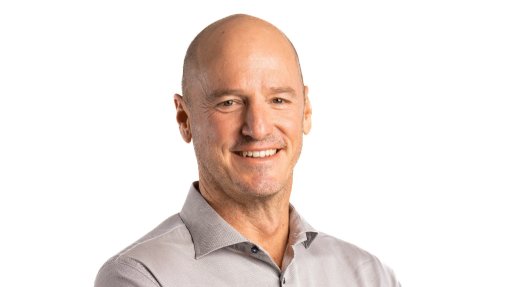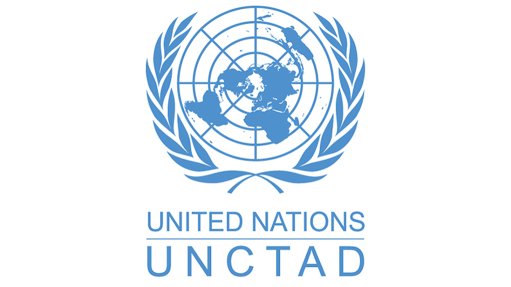Knightian uncertainty
The 1980s in South Africa might have been an idyllic time for some, but they were a period of discontentment for others. The mid- to late 1980s were my formative years for me.
My most vivid memory of the time was going to the drive-in – that is watching a movie in a car, for younger readers. As I recall, we even picked up a passenger or two at the drive-in’s gate, since the ticket was charged per car. So, for a fleeting moment, we had ‘friends’, but as soon as the car came to a stop, having found a working speaker that was hooked on a pole, the ‘friends’ said their thank-yous and goodbyes and disappeared into the night.
I once went to the drive-in with my cousin to watch The Karate Kid II. Its iconic theme song was Glory of Love, with the memorable lyrics: “It’s like a knight in shining armour from a long time ago.” I enjoyed the irony of a karate movie, with a knight referenced in the theme song. It reminded me of the question as to why dragons sleep during the day. The answer: they fight knights.
Talking of knights – have you ever heard of Knightian uncertainty? In economics, it is a lack of any quantifiable knowledge about some possible occurrence, as opposed to the presence of quantifiable risk. It acknowledges some fundamental degree of ignorance, a limit to knowledge and an essential unpredictability of future events.
Knightian uncertainty is named after University of Chicago economist Frank H Knight, one of the founders of the so-called Chicago School. Knight is considered, in some quarters, to have been the greatest American scholar of economics of the twentieth century. In his 1921 book, Risk, Uncertainty, and Profit, which was the result of his 1917 essay, ‘The Cost, Value, and Profit’, he drew a distinction between uncertainty and risk.
He wrote: “Uncertainty must be taken in a sense radically distinct from the familiar notion of risk, from which it has never been properly separated . . . The essential fact is that ‘risk’ means, in some cases, a quantity susceptible of measurement, while at other times it is something distinctly not of this character; and there are far-reaching and crucial differences in the bearings of the phenomena, depending on which of the two is really present and operating . . . It will appear that a measurable uncertainty, or ‘risk’ proper, as we shall use the term, is so far different from an unmeasurable one that it is not in effect an uncertainty at all.”
This encapsulates Knight’s explanation as to why ‘perfect competition’, that economic utopia that governments strive to ensure, would not necessarily eliminate profits. Uncertainty needs to be distinguished from risk, which refers to a situation where the probability of an outcome can be determined and the outcome, therefore, can be insured against. By contrast, uncertainty refers to an event whose probability cannot be known. Knight contended that even in long-run equilibrium, entrepreneurs would earn profits as a return for putting up with uncertainty.
Just in case you believe this to be an economic insight confined to a bygone era, Knight’s distinction between risk and uncertainty continues to be taught in economics classes to this day.
Not content with Knight’s definition of uncertainty, Clare Chua Chow and Rakesh K Sarin, in their 2002 article, ‘Known, Unknown, and Unknowable Uncertainties’, argue that empirical research suggests that a single notion of probability does not accurately capture people’s reactions to uncertainty. Consequently, they introduced the term ‘unknowable uncertainty’, where missing information is unavailable to all.
This is reminiscent of Socrates’ quote: “You don’t know what you don’t know”, which begs the question as to what it is that South Africa’s economic policymakers do not know.
Article Enquiry
Email Article
Save Article
Feedback
To advertise email advertising@creamermedia.co.za or click here
Announcements
What's On
Subscribe to improve your user experience...
Option 1 (equivalent of R125 a month):
Receive a weekly copy of Creamer Media's Engineering News & Mining Weekly magazine
(print copy for those in South Africa and e-magazine for those outside of South Africa)
Receive daily email newsletters
Access to full search results
Access archive of magazine back copies
Access to Projects in Progress
Access to ONE Research Report of your choice in PDF format
Option 2 (equivalent of R375 a month):
All benefits from Option 1
PLUS
Access to Creamer Media's Research Channel Africa for ALL Research Reports, in PDF format, on various industrial and mining sectors
including Electricity; Water; Energy Transition; Hydrogen; Roads, Rail and Ports; Coal; Gold; Platinum; Battery Metals; etc.
Already a subscriber?
Forgotten your password?
Receive weekly copy of Creamer Media's Engineering News & Mining Weekly magazine (print copy for those in South Africa and e-magazine for those outside of South Africa)
➕
Recieve daily email newsletters
➕
Access to full search results
➕
Access archive of magazine back copies
➕
Access to Projects in Progress
➕
Access to ONE Research Report of your choice in PDF format
RESEARCH CHANNEL AFRICA
R4500 (equivalent of R375 a month)
SUBSCRIBEAll benefits from Option 1
➕
Access to Creamer Media's Research Channel Africa for ALL Research Reports on various industrial and mining sectors, in PDF format, including on:
Electricity
➕
Water
➕
Energy Transition
➕
Hydrogen
➕
Roads, Rail and Ports
➕
Coal
➕
Gold
➕
Platinum
➕
Battery Metals
➕
etc.
Receive all benefits from Option 1 or Option 2 delivered to numerous people at your company
➕
Multiple User names and Passwords for simultaneous log-ins
➕
Intranet integration access to all in your organisation


















